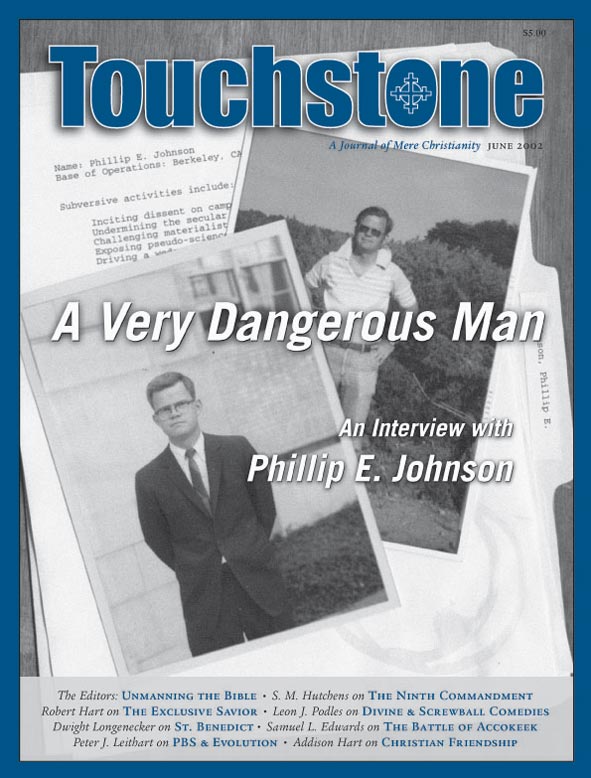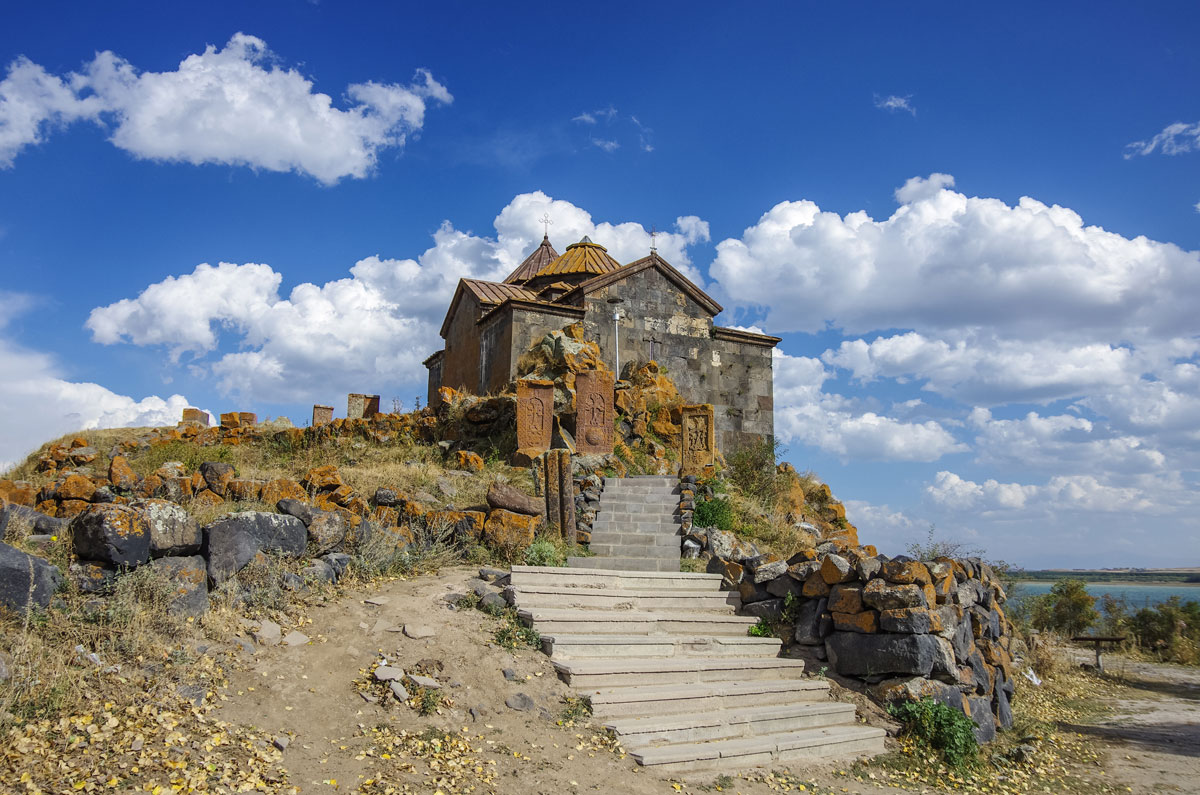The Privilege of the Perfect
But the natural man receiveth not the things of the Spirit of God: for they are foolishness unto him: neither can he know them, because they are spiritually discerned. But he that is spiritual judgeth all things, yet he himself is judged of no man. For who hath known the mind of the Lord, that he may instruct him? But we have the mind of Christ.
—1 Corinthians 2:14–16
For a birthday present, my daughter once received a board game called “What Would Jesus Do?” The goal of the game is to travel around the board until one has acquired a sufficient number of “Christlike character traits” and is ready to ascend the final golden road and be proclaimed a good and faithful servant. There are many obstacles one might encounter along the way. For example, if one player lands on the church square, then everyone has to stop and go to church, except for those who have spiritually advanced beyond the church square, who may continue on their journey. Or, if any player lands on the shopping mall square, everyone has to go to the mall (even those who are spiritually advanced). It is a game of, well, “creative” theology.
To acquire Christlike character, one must correctly answer questions of moral theology written on playing cards: basic issues dealing with situational ethics. For example: “Your friend tells you a dirty joke. He asks you for one. What would Jesus do?” Fortunately for the players of this game, the mind of Christ is clearly revealed on the back of the card (along with two incorrect answers, making the problem multiple choice). If you answered, “Did you hear the one about the dirty pig?”, you do not get an obedience card, for Jesus would say that “the Bible says not to tell dirty jokes.”
Wouldn’t it be nice if the mind of Jesus were written on a series of cards? For every difficult time, we could look for the one that fit our problem, and then we would know what to do. Such cards might be more popular than baseball cards, more sought after than Pokémon cards. I could hear kids on the street saying, “I’ll trade you two ‘cheating on a math test’ cards for one ‘kissing under the bleachers.’”
But to most of us who do not make board games, the mind of Christ is more difficult to ascertain. The sixth-century saint John Climacus wrote a book about advancing in the spiritual life entitled The Ladder of Divine Ascent. One could liken it to an adult version of the WWJD board game. After step 25 (out of 30) regarding “that destroyer of passions, sublime humility, which is rooted in spiritual perception,” one finds step 26: “discernment of thoughts, passions and virtues.” In that chapter John said, “Those who wish to learn the will of God must first mortify their own will.” Discernment, he wrote, is “the certain understanding of the Divine will on all occasions, in every place and in all matters; and it is only found in those who are pure in heart, and in body and in mouth.” He added, “It is the privilege of the perfect to know unerringly whether a thought in the soul comes from their own consciousness, or from God, or from the demons.”
To the good monk John, discerning the mind of Jesus was a difficult and perilous thing. It required a person of advanced spiritual understanding and virtue, especially the virtue of humility. For John realized that unless one conquered his own will, he could never understand God’s.
Of course, we must make decisions every day that involve issues of right and wrong. Sometimes we get them right, and sometimes we get them wrong. Certitude about God’s will is often difficult to obtain. The lack of certitude shouldn’t paralyze us but should inspire us to become perfect, just as Christ was perfect. Only in this way will we come to know his mind and his will and, hence, better pray that it might be done on earth as it is in heaven.
Thomas S. Buchanan is the George W. Laird Professor of Mechanical Engineering and Biomedical Engineering at the University of Delaware. He has studied at UCSD, Northwestern University, and MIT, and has held visiting professorships at the University of Western Australia and the University of Aix-Marseille. He has served as department chairman, deputy dean, and institute director, president of the American Society of Biomechanics, and editor-in-chief of the Journal of Applied Biomechanics. He is on the Board of Trustees of Saint Katherine College, the editorial board of Touchstone, and the board of The Fellowship of St. James.
bulk subscriptions
Order Touchstone subscriptions in bulk and save $10 per sub! Each subscription includes 6 issues of Touchstone plus full online access to touchstonemag.com—including archives, videos, and pdf downloads of recent issues for only $29.95 each! Great for churches or study groups.
Transactions will be processed on a secure server.
more from the online archives
calling all readers
Please Donate
"There are magazines worth reading but few worth saving . . . Touchstone is just such a magazine."
—Alice von Hildebrand
"Here we do not concede one square millimeter of territory to falsehood, folly, contemporary sentimentality, or fashion. We speak the truth, and let God be our judge. . . . Touchstone is the one committedly Christian conservative journal."
—Anthony Esolen, Touchstone senior editor











